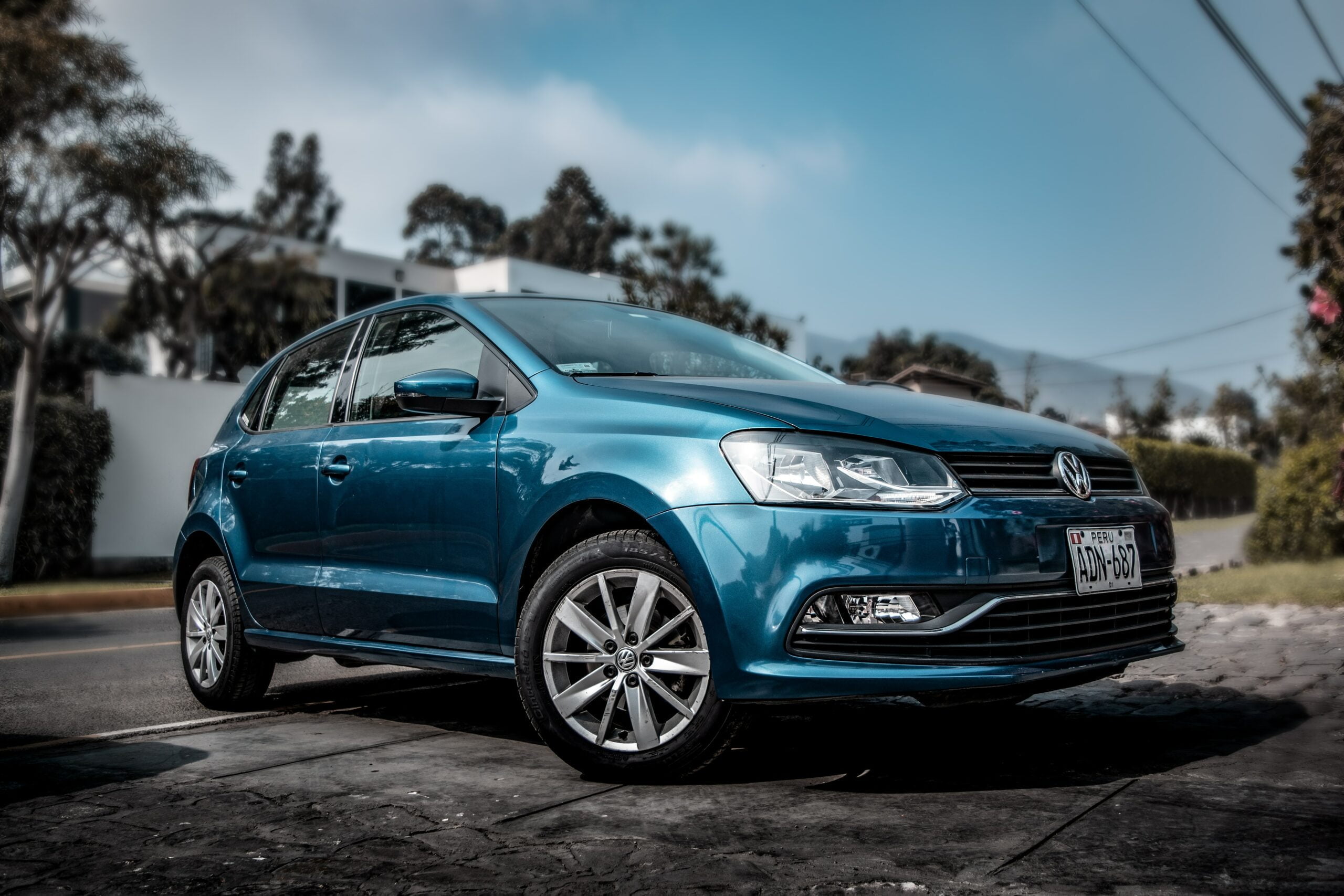– From budgeting considerations to collating the right documentation, Macklin Motors break down everything you need to know about buying a used car
As lead times for new cars continue to affect deliveries of new cars, many people are becoming more interested in the convenience of buying a used car.
In the last year, searches for ‘how to buy a cheap used car‘ have increased by 100 per cent, while ‘tips on how to buy a used car‘ is up 23 per cent in the same timeframe.
To help those looking for advice on their next automotive purchase, motoring experts Macklin Motors have provided a list of tips for getting the best deal on a used car.
1. Don’t leave buying your car until the last minute
You can get a top quality used car that ticks all your boxes for around £4,000-£5,000, which is no small amount of money to hand over in a heartbeat.
So, the first step is to work out how much you can set aside each month to reach your goal in a timely fashion. Always ring-fence this portion of your monthly income at the start of the month, sending it into a savings account to remove the temptation to spend on other expenses.
With this saving schedule sorted, you can then calculate when you’ll be ready to browse the best deals at your local dealership.
2. You’re not always better off buying privately
While there are so many options when it comes to buying a used car, including private sellers and brand franchises, you get the best shopping experience at a car dealership.
With private sellers, you could find cheaper deals (especially if you’re willing to haggle), though you’ll have to do a lot of the legwork yourself in prepping docs and sorting collection. There are also no guarantees or safeguards about the quality of the car.
If you buy a used motor from a car dealership, however, you get competitive prices, unrivalled customer service, and a wide range of models and manufacturers to browse. Used cars at dealerships also go through full HPI checks, which lets you see the full service history of any listed motors, so there are no nasty surprises further down the line.
3. Never lose sight of mileage
Unless listed for a really good price, we’d recommend focusing your search on cars with under 50,000 miles on the clock. These models with more mileage run a greater risk of performance issues further down the line. Cars are usually cheaper when they accrue more mileage, however, so it’s all about weighing up your budget vs performance.
Overall, it’s important to remember that mileage is a great indicator of a used car’s condition, giving you an idea of how much that vehicle has been used in its lifespan.
As a general rule of thumb, a used car usually accumulates around 10,000 miles per year. Anything higher than that annual account could take a toll on the car’s mechanics, affecting performance later down the line.
So, to work out whether you’re getting a good deal on a used car’s mileage, take the total mileage and divide it by its age. For example, if the car is three years old and it has accumulated 30,000 miles, then it’s averaging around 10,000 miles per year.
4. You’ll save £££s by checking over the car yourself
Don’t worry, you don’t need to be a certified mechanic to know whether a used car is worth the asking price, it’s just a case of making some simple checks before purchasing.
First, you want to check the engine for any leaks, as well as the oil level and condition of the head gasket. Next, run your eyes over the bodywork, checking for scuffs, scratches, or unsightly dents. You will also want to look carefully at the wheels and tyres, making note of tread depth, rubber condition, and the manufacturer.
We’d also recommend taking a test drive, if possible, to check the performance of the used car. Does it feel smooth to change gears? Does the clutch biting point feel right?
If you feel like you don’t have the confidence or knowledge to complete these checks, ask if a car-savvy friend or family member will accompany you. Bear in mind that, should you shop in a car dealership showroom, all of these checks have already been completed by expert technicians.
5. Get the paperwork sorted in advance
While there’s less paperwork than when you purchase a new car, there are still essential documents you need to provide to buy a used car. So, to actually be able to drive your new purchase home, you’ll need to sort the following documentation:
- Full UK driving licence
- Car insurance policy
- Confirmed road tax
- Any relevant payment documentation (i.e., for finance payments)
Getting this paperwork sorted in advance will make the whole buying process a lot smoother, meaning you can get out on the road much quicker.
Want to find out more about how to get the best deal on a second-hand vehicle? Head over to the Macklin Motors website to browse their collection of used cars.




